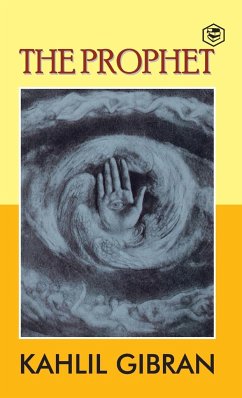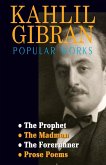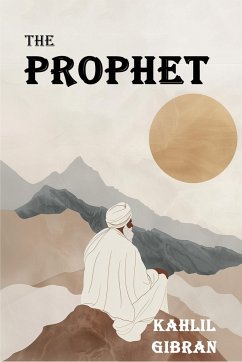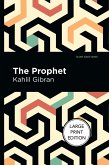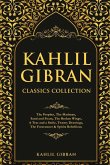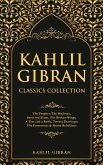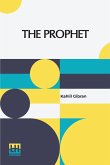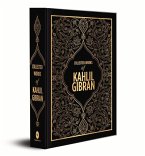The most famous work of spiritual fiction of the twentieth century, The Prophet is rooted in Kahlil Gibran's own experience as an immigrant and provides inspiration to anyone feeling adrift in a world in flux. A book of twenty-six poetic essays dealing with the topics addressed by the prophet, such as love, marriage, children, giving, eating and drinking, work, joy and sorrow, houses, clothes, buying and selling, crime and punishment, laws, freedom, reason and passion, pain, self-knowledge, teaching, friendship, talking, time, good and evil, prayer, pleasure, beauty, religion, and death. The Prophet is full of religious inspirations. With the twelve illustrations drawn by the author himself, the book took more than eleven years to be formulated and perfected and is Gibran's best-known work. The Prophet has been translated into forty languages throughout the world and is considered the most widely read book of the twentieth century.
Hinweis: Dieser Artikel kann nur an eine deutsche Lieferadresse ausgeliefert werden.
Hinweis: Dieser Artikel kann nur an eine deutsche Lieferadresse ausgeliefert werden.

